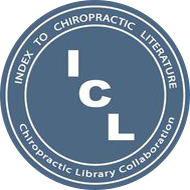| Objective: The soft cervical collar has been prescribed for whiplash injury but has been shown to be clinically ineffective. As some authors report superior results for managing whiplash injury with a cervical brace, we were interested in comparing the mechanical effectiveness of the soft collar with a rigid cervical brace. Therefore, the purpose of this study was to measure ranges of motion in subjects without neck pain using a soft cervical collar and a rigid brace compared with no orthosis. Methods: Fifty healthy subjects (no neck or shoulder pain) aged 22 to 67 years were recruited for this study. Neck movement was measured using a cervical range of motion goniometer. Active flexion, extension, right and left lateral flexion, and right and left rotation were assessed in each subject under 3 conditions: no collar, a soft collar, and a rigid cervical brace. Results: The soft collar and rigid brace reduced neck movement compared with no brace or collar, but the cervical brace was more effective at reducing motion. The soft collar reduced movement on average by 17.4%; and the cervical brace, by 62.9%. The effect of the orthoses was not affected by age, although older subjects had stiffer necks. Conclusion: Based on the data of the 50 subjects presented in this study, the soft cervical collar did not adequately immobilize the cervical spine. This abstract is reproduced with the permission of the publisher; full text by subscription. Click on the above link and select a publisher from PubMed's LinkOut feature.
|
